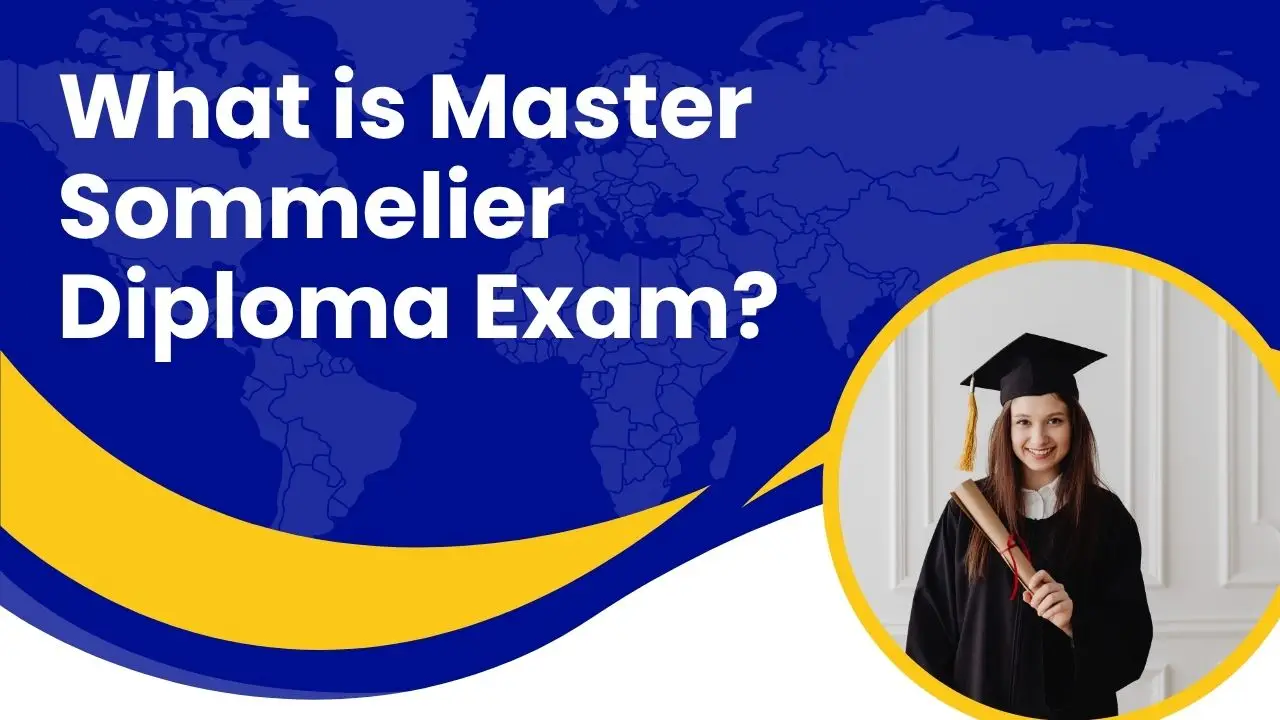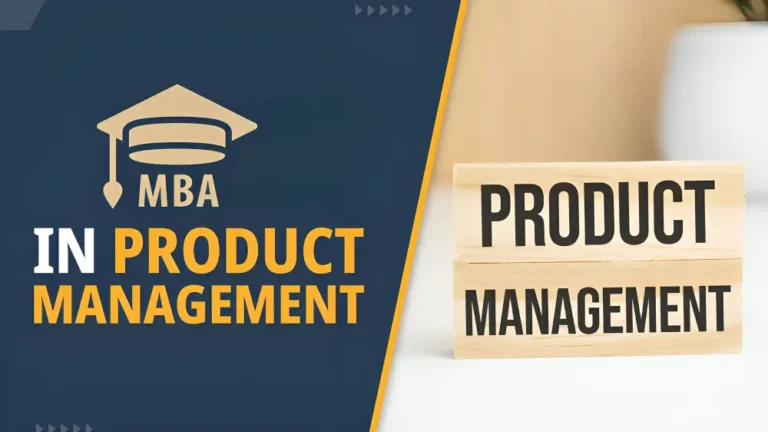What is Master Sommelier Diploma Exam? A Complete Guide
You’ve probably experienced the amazing talent of a Master Sommelier if you’ve ever seen someone correctly identify the region, varietal, and vintage of a wine with just one sip. But how do they get so skilled?
The Master Sommelier Diploma Exam, one of the most difficult and prestigious wine designations globally, holds the key to the answer. This article will describe what the Master Sommelier Diploma Exam is, including its requirements, structure, and why it is regarded as one of the most challenging exams in the world.
What is Master Sommelier Diploma Exam?
The leading international organization for raising the bar for wine service and beverage expertise is the Court of Master Sommeliers (CMS), which was founded in the UK in 1969.
The highest degree of certification offered by the organization is the Master Sommelier Diploma. The CMS is a global organization with chapters in the Americas, Europe, and Australasia. Its credentials are widely recognized as a mark of excellence in the hotel industry.
A multi-tiered certification procedure consisting of the Introductory Sommelier Course, Certified Sommelier Exam, and Advanced Sommelier Exam culminates in the Master Sommelier Diploma Exam. Since only individuals who pass the Advanced Sommelier Exam are eligible to take the Master Sommelier Diploma Exam, it is a very exclusive and selective process.
Why is the Master Sommelier Diploma Exam So Challenging?
Knowledge breadth: The test covers a wide range of topics, from complex production techniques to obscure wine regions.
Stringent qualifications: The CMS awards the title only to proven experts and maintains a rigorous standard.
Time stress: With the tables working under sharp time frames, the blind tasting and service aspects require fast thinking and accuracy.
Financial and emotional investment: For students, who often pour hundreds of dollars into study materials, travel and test fees, the pressure to perform is greater.
The Structure of the Master Sommelier Diploma Exam
- Theory Examination
- Wine appellations and terroirs: In-depth understanding about wine regions around the world, including in Napa Valley, Bordeaux and Tuscany.
- Grapes: Know Your Grapes. How grapes are grown and how they change wine types.
- Winemaking procedures: Applicants must comprehend the science and art of winemaking from fermentation to aging.
- Beverage knowledge: Candidates are examined on their knowledge of spirits, sake, beer, and cocktails in addition to wine.
- Food and wine pairing: Often, students have spent hundreds of dollars on study materials, travel and the tests, which adds to the pressure to perform.
- Service Examination
- Wine service skills: In-depth knowledge of the world’s wine regions such as Napa Valley, Bordeaux, and Tuscany.
- Hospitality: Grape Characteristics And How They Affect The Type Of Wine They Produce.
- Solving problems: Managing practical situations with poise and skill, such as client complaints or wine flaws.
- Blind Tasting Examination
- Varietal: Nailing down the exact combination of grapes.
- Appellation and region: Determining the wine’s place of origin, such as a particular Rioja or Burgundy subregion.
- Characteristics and quality: Evaluating the wine’s taste profile, structure, fragrance, and potential for age.
Significance of Becoming a Master Sommelier
Achieving a Master Sommelier certification offers prestigious career opportunities. Master sommeliers might become sommeliers at high-end restaurants, become winery consultants, train future sommeliers, or even open their businesses. And since there are only 300 Master Sommeliers in the world, the title is also meaningful.
Beyond the advantages to one’s job, being a Master Sommelier is evidence of commitment, enthusiasm, and skill. It represents a lifetime quest for knowledge and a profound dedication to the art of wine serving.
How to Prepare for the Master Sommelier Diploma Exam?
Study in a methodical manner: To increase your knowledge, make use of tools like as wine atlases, flashcards, and the Court of Master Sommeliers’ suggested reading list.
Practice blind tasting: Do blind tastings with mentors or at tasting clubs, to help develop your palate.
Obtain real-world experience: Sharpen your service skills – with experience in fine dining and/or wine-centered companies.
Seek mentorship: The group of Master Sommelier veterans is available for advice and support.
Resilience is essential since many successful Master Sommeliers failed several times before passing.
Conclusion
What is the Master Sommelier Diploma Exam? This test evaluates a candidate’s breadth of wine knowledge, ability to serve, and taste. Acquiring this certification signifies exceptional dedication, perseverance, and knowledge of the wine industry. Because there are only a few hundred holders globally, it grants access to unique opportunities and represents a lifetime commitment to the art of sommelier excellence.






